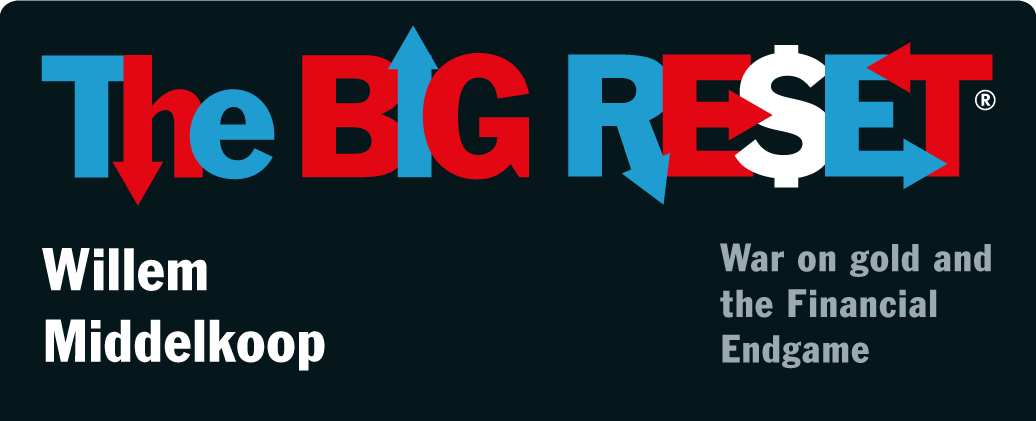OMFIF: New Chinese led Brics-Bank a clear potential rival to IMF/World Bank
According to David Marsh the new New Development Bank (NDB) is a ‘clear potential rival to the International Monetary Fund (IMF) and the World Bank’.
In a first analysis he says the NDB ‘represents the biggest challenge to the world monetary establishment since the creation of the Bretton Woods institutions 70 years ago. He lists the following important questions about the new Brics-Bank;
‘What will it do? The institution will have initial capital of $100bn to fight financial crises, of which $50bn will be paid up capital. The money can be used in a mixture of longer-term loans and currency swaps for shorter-term balance of payments financing, incorporating existing pledges by the Brics nations to use their own currencies to shore up economies in case of monetary emergencies.
Will it really challenge the IMF and World Bank? That is certainly the big idea, even though Chinese officials emphasise the intention to work cooperatively with the Bretton Woods duo. There are bound to be complaints that the new body will undercut the Washington-based institutions’ line on global economic governance. However, given the shortcomings of the IMF, in particular in spotting and then curbing the financial crisis that broke out in 2007-08, the NDB will reap natural support from those who question the legitimacy of the Bretton Woods twins to lecture the world over financial oversight.
Which currency will the NDB use? This looks like a renminbi-based institution. The credo will no doubt be that ‘all currencies are equal’ – but the renminbi will be more equal than others. Beijing’s long-running efforts to optimise cross-border use of the Chinese currency, especially for trade-linked transactions, and whittle away at the dollar’s ‘exorbitant privilege’, will gain a further boost. On the other hand, the IMF’s Special Drawing Right (SDR) – supplemented perhaps by inclusion of the renminbi as well as some of the other countries’ currencies – may well be given a role. A hotly-contested redrawing of the currency weightings in the SDR – at present limited to the dollar, yen, euro and sterling – is due next year, with Washington likely to bend the rules a little to allow the renminbi, on certain conditions, to join the currency basket. One thing is certain: the dollar will not be given any prominence in the bank’s balance sheet and operations.’
This development is another sign that major changes in our financial system are already happening. This could well be another first little step leading towards a much bigger reset years from now.
Marsh is a Managing Director and co-founder of the Official Monetary and Financial Institutions Forum (OMFIF) that links central banks, sovereign funds and private sector financial groups. Willem Middelkoop is a member of their Advisory Board.

